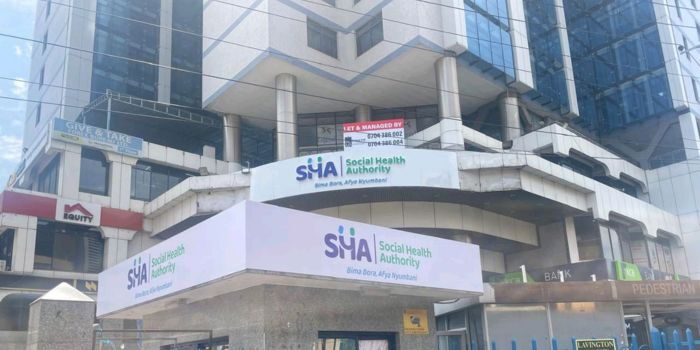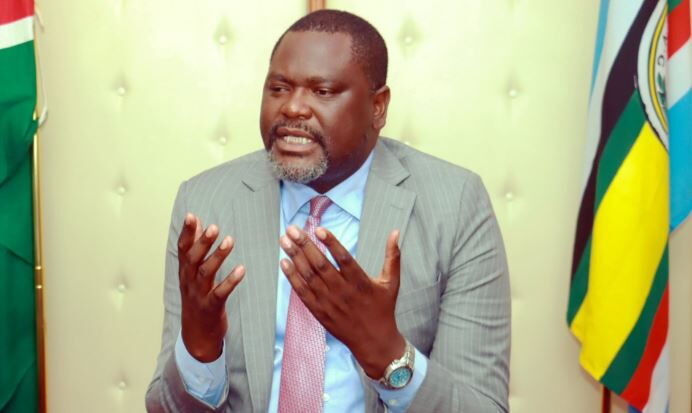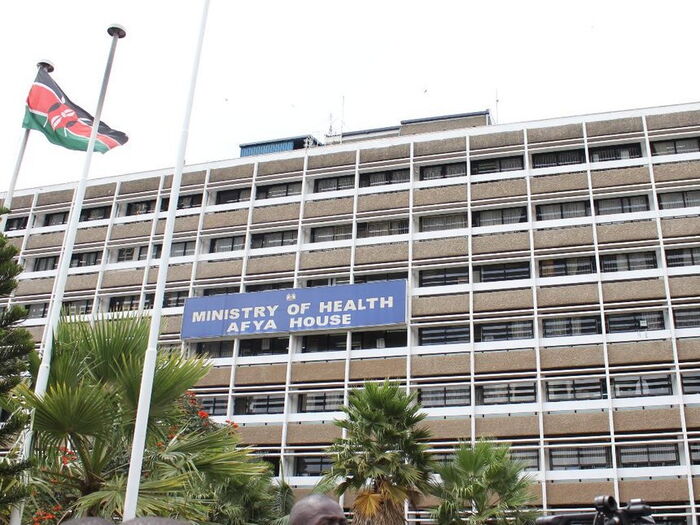Civil servants across Kenya have been worried about whether they will still be able to get medical treatment through the Social Health Authority (SHA).
Over the past few days, reports have been circulating claiming that the SHA would block civil servants from receiving healthcare services.
The news sparked fear and confusion among many workers in the public sector, with some even thinking they might have to start paying for medical services out of their own pockets.
But Public Service Cabinet Secretary (CS) Geoffrey Ruku has now come forward to clear the air.
Speaking on Saturday, August 9, Ruku strongly denied the claims, calling them “misleading” and “meant to cause unnecessary panic.”
He reassured all civil servants, and their families, that they will continue to receive medical care from hospitals and clinics contracted by the SHA.
According to the CS, no civil servant or their dependents will be required to pay cash for treatment at any government-owned, faith-based, or accredited private healthcare facility.
“Civil servants will continue to receive medical care in all public hospitals and accredited and contracted private and faith-based hospitals nationwide,” Ruku said.
He added that the government remains committed to ensuring all eligible workers have access to “quality and seamless healthcare services” just as they have in previous years.
However, Ruku did make one important clarification, the insurance will not cover treatment in suspended hospitals.
This comes after Health Cabinet Secretary Aden Duale suspended 40 hospitals from the SHA programme on Friday.
The suspension was due to allegations that these hospitals were involved in fraudulent practices.
Following investigations by the Directorate of Criminal Investigations (DCI), the names of the affected hospitals were published in a government gazette notice.
Ruku assured workers that this suspension will not affect their access to healthcare in other accredited facilities.
“The ministry assures all civil servants and their dependents that their healthcare services remain uninterrupted and that their welfare is fully safeguarded,” Ruku said.
The government’s announcement comes just after the Kenya Health Federation (KHF) issued its own warning.
KHF Chairperson Kanyenje Gakombe had claimed that private hospitals may stop treating civil servants altogether.
He said the reason was that the government has delayed paying the facilities for services already offered under the SHA programme.
According to Gakombe, many hospitals can no longer afford to treat public servants without reimbursement.
“Unless the outstanding claims are settled per the contractual terms, providers will have no choice but to request that public servants pay for both past and future medical bills directly and then seek reimbursement,” he warned.
For now, Ruku’s statement aims to calm fears and reassure civil servants that their healthcare rights remain protected.
Still, the disagreement between the government and private hospitals highlights ongoing tensions in Kenya’s healthcare system.
The big question remains: will the government be able to pay hospitals on time and keep this promise to civil servants?






